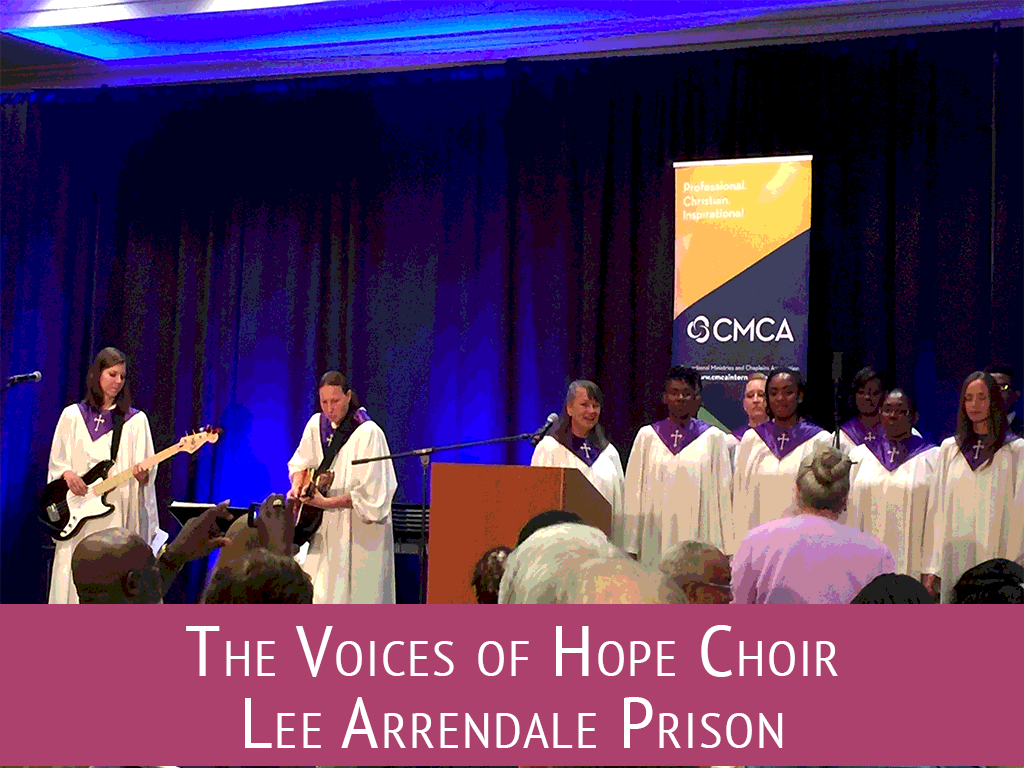3 Healthy Habits for Using Social Media
3 Healthy Habits for Using Social Media
Can we develop healthy habits for social media?
Guest poster, Mary Elizabeth Blake, graduate student in counseling, joins us again for the second part in the social media “mini-series.” Here’s Mary Elizabeth:
Last week, I shared three dangers of social media: narcissistic behavior, depressive symptoms, and habituation. If you missed this post, click here to read that first. Today, I offer three helpful tips for using social media in healthy ways:
-
Track your usage
This may seem obvious to you, but for many, it is not. Did you know that most smartphones will tell you exactly how much time you have spent on different apps? If you can’t locate this on your phone, you can download various apps to tell you. Apps like “Moment” and “In Moment” allow you to see just how much time you spend on social media and actually regulate that usage for you. (This is also helpful for parents;-).
-
Use it for good
- When you do use social media, find the ways social media can be used for good. Facebook now offers ways for people to donate to a charity on your birthday—consider doing this or contributing in honor of a friend.
- When you see a shared article or blog with an opinion that contradicts yours, do not comment/tweet back/dislike. Instead, humble yourself and pray for the writer or the sharer (or both).
- Additionally, when you are about to post something, consider why you are posting.
- Is it to be noticed?
- To fit in?
- To be liked?
- Or is it to encourage others?
- To show off God’s creation?
- To express gratitude for the blessings God has given you?
(Note: You don’t always have to think through this question; for example, definitely post that picture of your family gathered at Thanksgiving. That IS a blessing! even if your caption doesn’t say it is!!)
-
Center your use on routine
Remember the habituation danger we discussed last week?
- Consider setting up a social media time each week, or every couple of days, to check in online. If you have decided your online time will be Mondays, Wednesdays, and Fridays from 1-2 pm, but it’s a Saturday afternoon and you don’t have plans, everything inside you might scream, “pick up your phone so you won’t be bored!!” Don’t give in. Do something creative like doodling, or take a walk, or call a friend.
- Pay attention to the impulse. This applies to more than just social media usage. In his famous soliloquy (as I like to think of it), Paul says,
For I have the desire to do what is right, but not the ability to carry it out. For I do not do the good I want, but the evil I do not want is what I keep on doing. Now if I do what I do not want, it is no longer I who do it, but sin that dwells in me…Wretched man that I am! Who will deliver me from this body of death? Thanks be to God through Jesus Christ our Lord! So then, I myself serve the law of God with my mind, but with my flesh I serve the law of sin. (Romans 7: 18b-20, 24-25)
Paul is getting at mindfulness. He knows his mind will fail him because of the sin that is inside him. Our mind is impulsive. Our mind wants to do what it wants to do, and it wants to do it now! Who will deliver us from our impulsive sin? Thanks be to God, through His Son who died to free us from sin’s enslavement.
The hope of the gospel is that you are freed from enslavement to sin. Remember this good news as you work on using social media outlets in healthy and enjoyable ways that do not tear down.
I hope you have found this mini-series on social media to be helpful. Check out these resources if you’re interested in learning more.
Books:
- Screen-Smart Parenting: How to Find Balance and Benefit in Your Child’s Use of Social Media, Apps, and Digital Devices by Jodi Gold
- The Narcissism Epidemic by Jean Twenge and W. Keith Campbell







